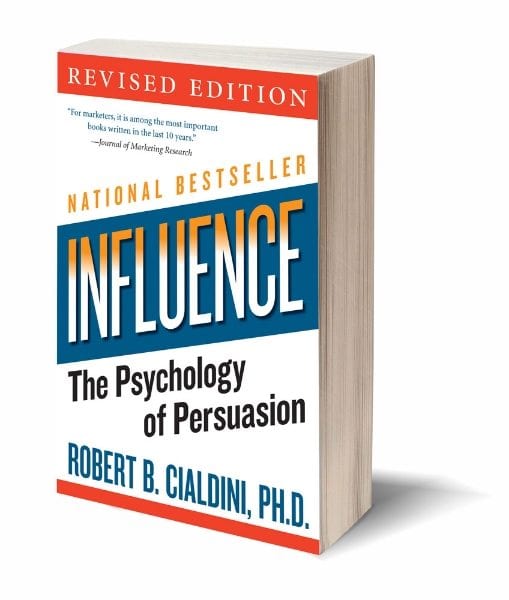2022 Running Reading List
Reading Is Generative
Students assume that my research essays are giant hurdle-clearing exercises, as though I’m intentionally putting obstacles in their way that they must clear.
Good research is not an arbitrary impediment to a good essay.
Instead, it helps students generate better arguments than they would have made otherwise.
Outside reading isn’t a hurdle. It’s a trampoline.
You can reinforce this principle in three ways.
- Ask students to apply the reading assignment to a new situation. No piece of writing is infinite. Authors can’t address every implication and application of their arguments. Ask your students to do some of that follow-up work. They’ll see that the writing is not an end in itself. It helped them come up with ideas for how to do better work.
- Draw attention to how your reading assignments use sources. Let your students see how the best writers in your field draw inspiration from what they read. If they can see how professionals use reading generatively, they’ll also have an idea of how to do it.
- Model reading’s generative power in the class. Highlight places where you’ve used outside sources to come up with new ideas about the topic you’re covering in class. There will be plenty of situations to demonstrate how you have used the reading content to make new connections or applications.
Reading Is Emotional
You want your students to understand what they’ve read. Typically, they demonstrate that understanding by listing the chapter’s five or ten critical points. The only problem is that summarizing what they’ve read is a predominantly intellectual exercise.
Continue reading “Reading Is Emotional”Three Questions to Ask When You Finish a Novel
None of them is, “What does it mean?”
Continue reading “Three Questions to Ask When You Finish a Novel”You Know It’s True…But Do You Act On It?
This book’s secret is so simple, you might ignore it.
Continue reading “You Know It’s True…But Do You Act On It?”Don’t Know What To Do Next? Love Your Neighbor
Perman, Matt. What’s Best Next: How the Gospel Transforms the Way You Get Things Done, 2014.
In What’s Best Next?, Matt Perman combines a comprehensive knowledge of the best self-development and personal productivity books in the field with a commitment to glorifying God and enjoying him forever. When someone says they would like to see a secular topic examined “from a Christian worldview”, they are imagining a book like this one. Perman worked for John Piper’s Desiring God organization for over a decade and describes the book as working out the horizontal dimension of Christian hedonism, Piper’s name for the teaching that, “God is most glorified in us when we are most satisfied in Him.” Accordingly, personal productivity allows us to extend that satisfaction in God to those around us so that His glory is most fully known.
Continue reading “Don’t Know What To Do Next? Love Your Neighbor”What Everyone Should Know About Books
Solomon knew it. Do you?
Continue reading “What Everyone Should Know About Books”Two Types of Readers: Which Are You?
Hint: it has nothing to do with taste.
Continue reading “Two Types of Readers: Which Are You?”Under the Influence
Cialdini, Robert B. Influence: How and Why People Agree to Things. New York: Morrow, 1984. Print.
How do you choose what books you read? Read the options below. How you respond might say something about the weapon of influence for which you are the easiest target.
- You were given the book as a gift.
- You are part of a book club and have committed to reading what the group selects.
- The book is a #1 New York Times bestseller.
- You like the author’s other books.
- Someone you respect—the NYT book critic or your pastor—suggested the book.
- The book is being banned in your child’s high school, and you want to know what the fuss is about.

